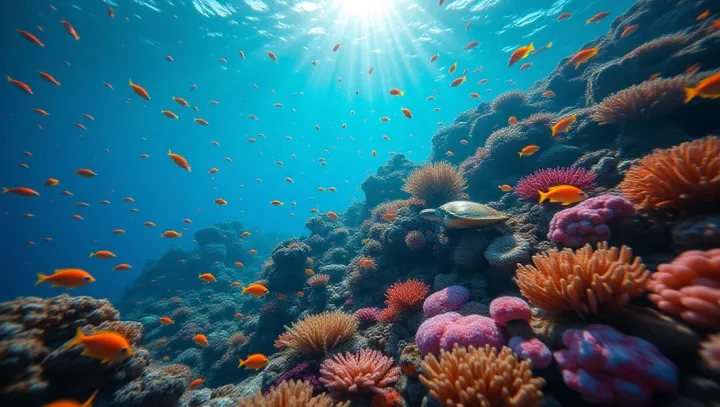Why Preserve Coral Reefs?

Coral reefs, often referred to as 'rainforests of the sea,' are critical ecosystems that offer invaluable services to marine biodiversity. Found in oceans across the globe, they are home to a quarter of all marine species, supporting intricate food webs and sheltering myriad forms of aquatic life. However, these vibrant ecosystems are under severe threat.
According to environmental experts at the Marine Ecology Symposium in Queensland, Australia, factors such as climate change, pollution, and overfishing are driving coral reefs towards irreversible damage. Rising ocean temperatures lead to coral bleaching, while acidification weakens their calcium carbonate structures. Preserving coral reefs is not only essential for marine life but also directly impacts human livelihoods.
As natural barriers, they protect coastal communities from storm surges and erosion, as highlighted by Dr. Emily Roberts, a marine biologist. Furthermore, reefs contribute significantly to local economies through fisheries and tourism.
Efforts to preserve these ecosystems include creating marine protected areas and regulating fishing practices. Global cooperation is crucial, as the health of coral reefs is a shared responsibility. Initiatives driven by scientists, policymakers, and local communities could hold the key to safeguarding these natural wonders for future generations.
